
Agriculture
June 22, 2024
Safe Boda
Read SolutionImplemented by
SafeBoda
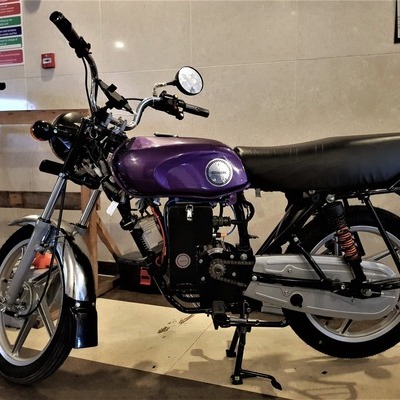
Updated on June 27, 2024
·Created on October 5, 2020
Bodawerk E-boda is an electric motorcycle produced in Kampala, Uganda.
Bodawerk E-boda is an electric motorcycle which is produced by converting conventional petrol-fuelled motorcycles into a battery-powered vehicle. Users can choose to have their existing vehicles converted or purchase a new E-boda from Bodawerk. The manufacturer, based in Kampala, Uganda uses upcycled old lithium-ion batteries to replace the petrol-driven power train on Bajaj Boxer 100s, which are sold as their standard E-bodas. The batteries operate on a leasing system to make the bikes more accessible.
Market price is 1500 USD new. The conversion kit is ~550 USD but the manufacturer plans to half this cost in the short to medium term. The battery pack will be leased for 2.20 USD per day.
Target SDGs
SDG 7: Affordable and Clean Energy
SDG 8: Decent Work and Economic Growth
Market Suggested Retail Price
$1,500.00
Target Users (Target Impact Group)
Household, Community
Distributors / Implementing Organizations
Bodawerk International Ltd
Competitive Landscape
Direct competitors include Ampersand e-moto and Kibo K150 Bike.
Countries
Kenya, Uganda
Manufacturing/Building Method
Lithium-ion batteries are produced by Bodawerk in Kampala, using recycled laptop batteries. The E-boda business model involves the development of an electronic motorcycle by converting the traditional Bajaj Boxer 100 where the conventional petrol-driven power train is exchanged for an electric powertrain. As of 2020, the Kampala workshop can produce up to 100 bikes per month and the company has plans to expand to an additional workshop for mass production of the E-bodas. Interview with manufacturer 2020
Intellectural Property Type
Patent
User Provision Model
Users can purchase the E-boda new from the manufacturer or have their conventional motorcycle converted at the Bodawerk workshop in Kampala.
Distributions to Date Status
As of September 2020, ~20 have been built and are in use.
Capacity
2: rider and passenger
Gear Ratio
5:1
Maximum load capacity (kg)
150 kg Interview with manufacturer 2020
Design Specifications
Bodawerk can convert a customer’s existing motorcycle, or offer a new product which is a converted Bajaj Boxer 100. The vehicle uses an electric power-train with recycled lithium-ion batteries. The 48 V DC, 6 kWp battery takes approximately 2 hours to charge which can be done at standard power outlets. It has a 2.2 kWh nominal capacity and the range is currently 70 km with one rider but with the new software updates, it will be around 80-90 km with one rider and >50 km with a passenger. The motor is currently rated at 2000 W, but Bodawerk plans to move to a 3000 W motor.
Technical Support
Provided by the manufacturer
Replacement Components
The manufacturer states that the bike is virtually maintenance free. As Bodawerk retro-fit one of the best selling bikes in Africa, spare parts are readily available.
Lifecycle
The lifespan of the battery is estimated at 2-3 years, however, the manufacturer will replace users' batteries if performance drops before then. The battery is designed so that when it is no longer strong enough for the E-boda it can fit into existing solar power systems for energy storage.
Manufacturer Specified Performance Parameters
Bodawerk aims to make e-mobility affordable in the communities it serves. It aims to have positive environmental impacts by reducing the reliance of drivers on fossil fuels, and social impacts by training local workers for future industries and increasing the income of motorcycle taxi drivers.
Vetted Performance Status
The manufacturer estimates that the motorcycle taxi drivers can double their income by switching to the E-boda by reducing their expenditures on fuel and maintenance as there are fewer moving parts in the electric power train.
Safety
The battery management system allows for monitoring failure cases for predictive maintenance of batteries. They have GPS to track for theft and automatic accident detection which can send alerts based on impact or position of the bike.
Complementary Technical Systems
The battery is designed to fit into existing solar power systems or be used as power packs once they are no longer strong enough for the E-bodas.
Academic Research and References
Nedjalkov, A., et al., 2019, “Blueprint and Implementation of Rural Stand-Alone Power Grids with Second-Life Lithium Ion Vehicle Traction Battery Systems for Resilient Energy Supply of Tropical or Remote Regions,” Materials, 12 (2642).
Compliance with regulations
The company complies with regulations on storage and disposal of Li-ion batteries.
Evaluation methods
In addition to social impact, the manufacturer cites power, range and top speed as evaluation criteria.
Other Information
Watch the designers explain the bike setup here
StartUp GET 2019 Winners video
Watch this video on Electric motorbike assembly being made possible in Kampala Uganda By BODAWERK INTERNATIONAL LTD
More information on product are contained in the following articles;
1. Strong E-Mobility Focus At The Recent Lake Basin Region Innovation & Investment Week In Kisumu

Agriculture
June 22, 2024
Implemented by
SafeBoda
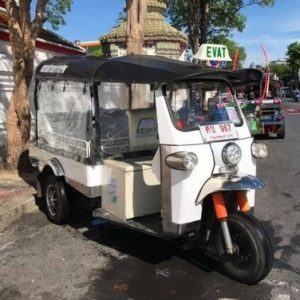
Agriculture
June 20, 2024
Implemented by
Electric Vehicle Association of Thailand (EVAT)
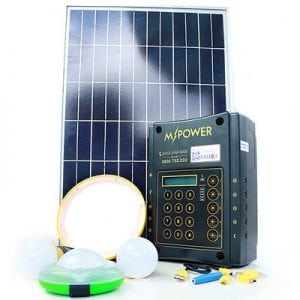
Agriculture
January 28, 2024
Implemented by
Off-Grid Electric
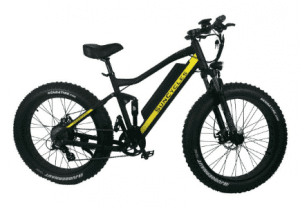
Agriculture
June 22, 2024
Implemented by
SunCycles
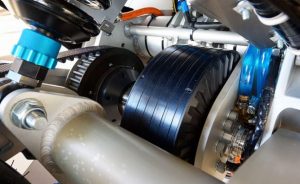
Agriculture
June 22, 2024
Implemented by
Emrax
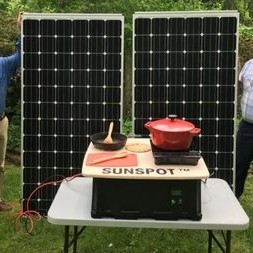
Agriculture
January 27, 2024
Implemented by
Sunspot PV LLC

Agriculture
June 23, 2024
Implemented by
Motivo Engineering
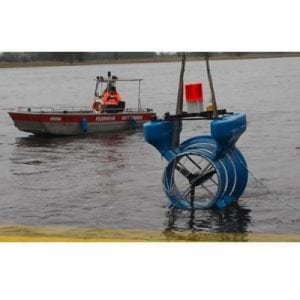
Agriculture
December 2, 2024
Implemented by
Smart Hydro Power GmbH (Ltd.)
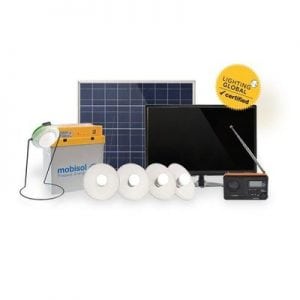
Agriculture
December 9, 2024
Implemented by
ENGIE Mobisol GmbH
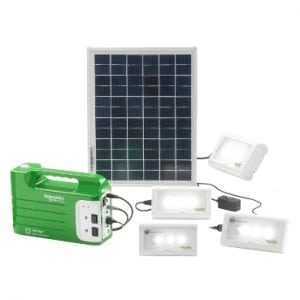
Agriculture
December 7, 2024
Implemented by
Schneider Electric Industries SAS
Have thoughts on how we can improve?
Give Us Feedback